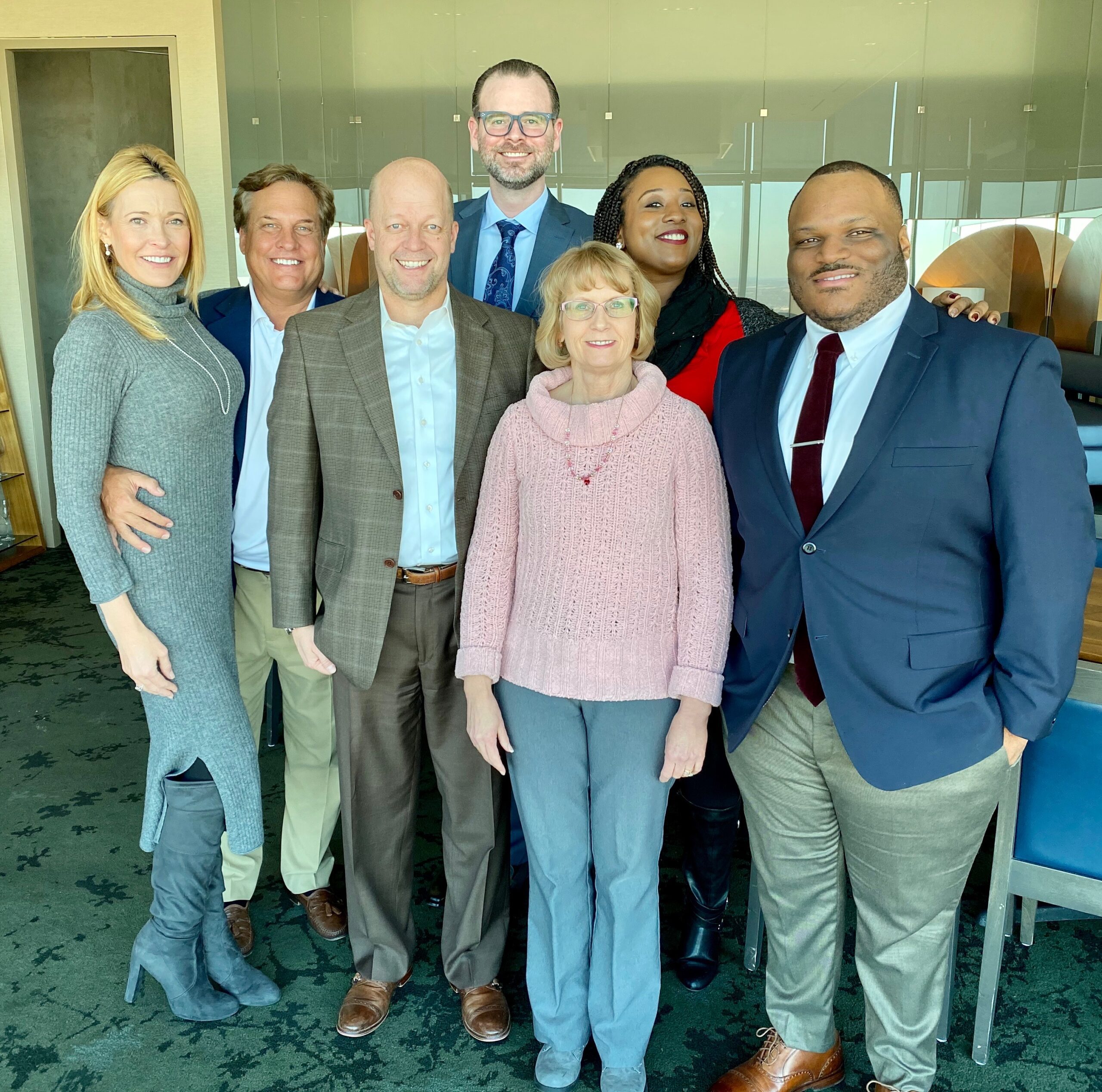Drew Houghton heads up Merlin Law Group operations in our Oklahoma City office. I was speaking with him just before our holiday party about the American Policyholder Association combating fraudulent engineering reports harming policyholders as noted in, American Policyholder Association Makes Resonating Comments About Insurance Fraud Against Policyholders. Drew then told me about a recently filed Oklahoma class action where engineers were accused of sham reports to help prevent earthquake claims payments.
The attorneys bringing this lawsuit are no strangers bringing substantive class cases in Oklahoma. They include Jeff Marr and Reggie Whitten who are excellent litigators. I first met Drew Houghton in Mississippi following Hurricane Katrina when he was working with attorney Jeff Marr. Jeff was the lead attorney in a class case alleging improper engineering reports where one test case resulted in a $13 million verdict. Since Marr’s case alleged a wrongful pattern of engineering reports in Oklahoma and Merlin Law Group had collected altered engineering reports in 24 cases following Katrina, we held a meeting to exchange information and ideas.
In this most recent class action case, the engineering firms are fairly well known and frequent consultants for various insurers. One general allegation explains:
The Farmers Defendants entered into an unlawful agreement with the Engineering Defendants. Through that agreement, the Farmers Defendants hired the Engineering Defendants to conduct post-loss engineering inspections or surveys of Plaintiffs’ and Class Members’ properties and then produce engineering reports. These reports followed a uniform format and conveyed uniformly false outcomes: Plaintiffs’ and Class Members’ claims for damages were based on pre-existing damage to their property and were not the result of a covered earthquake.
The conduct complained of in this case that, if the allegation prove correct, is what Douglas Quinn and the APA are trying to eliminate. These cases are not easy to prove because scientific opinions, while possibly incorrect, are inherently difficult to prove that the incorrect finding was done on purpose. Yet, in the field we hear from contractors and public adjusters on a frequent basis that the ‘expert reports all read the same’ and refuse to discuss facts and data which would lead to a different conclusion.
The defendant involved in this class action case is the same as I discussed in, Are Market Conduct Examiners Listening to Common Property Insurance Claims Complaints?
The motive alleged here is the same as noted in my previous blog post, increase insurance company profits by denying or lowering legitimate claims of policyholders.
Thought For The Day
Persuasion is achieved by the speaker’s personal character when the speech is so spoken as to make us think him credible. We believe good men more fully and more readily than others: this is true generally whatever the question is, and absolutely true where exact certainty is impossible and opinions are divided.
—Aristotle




